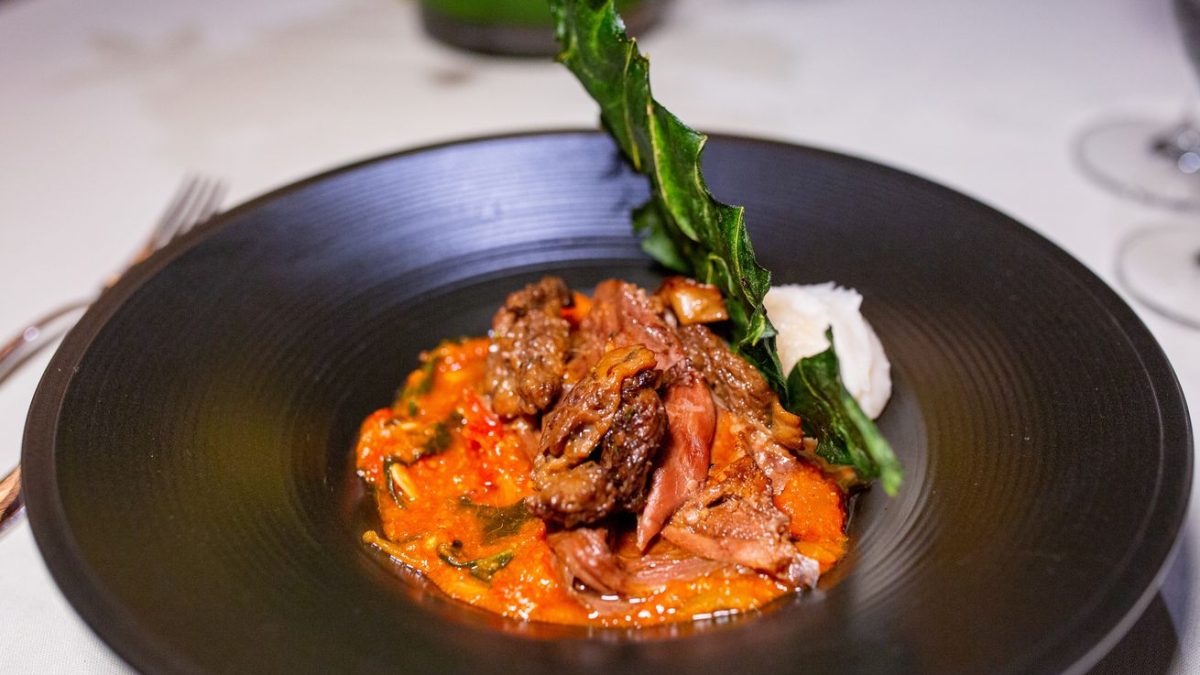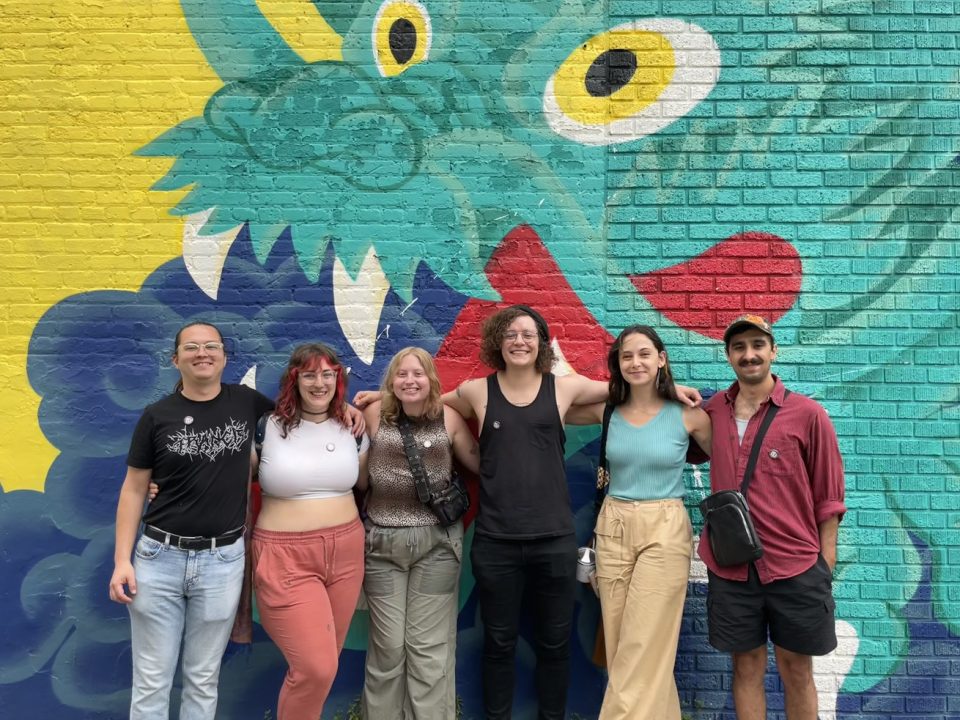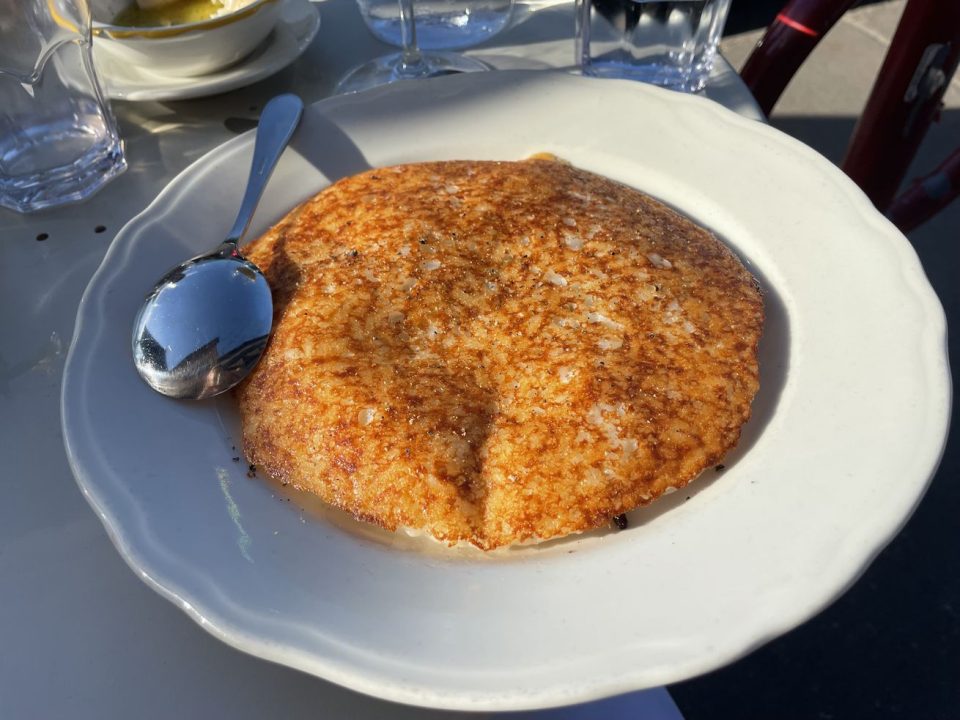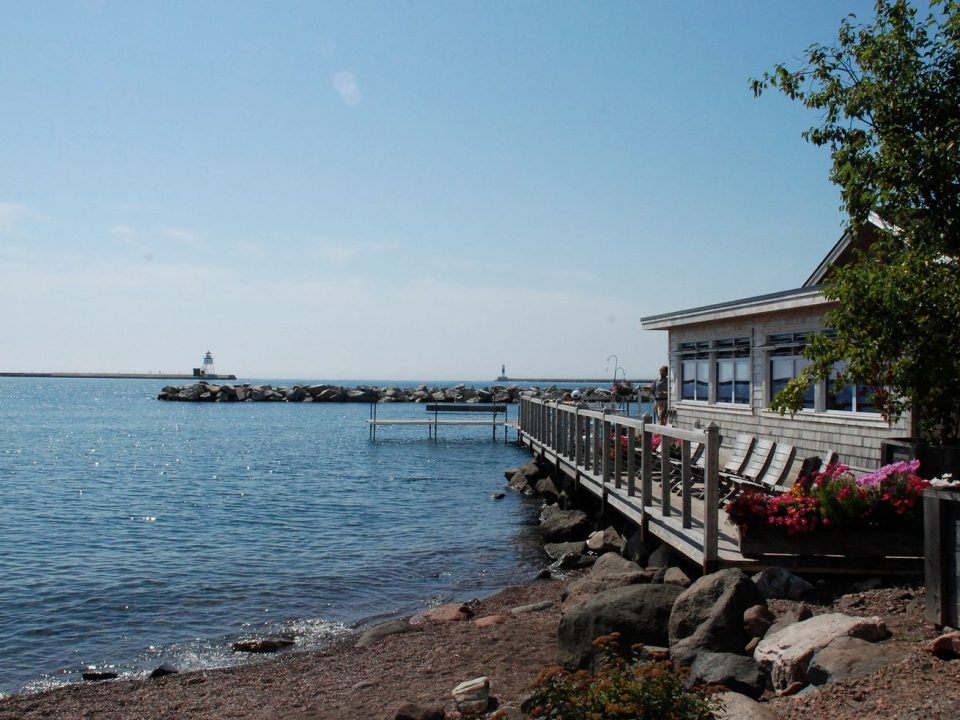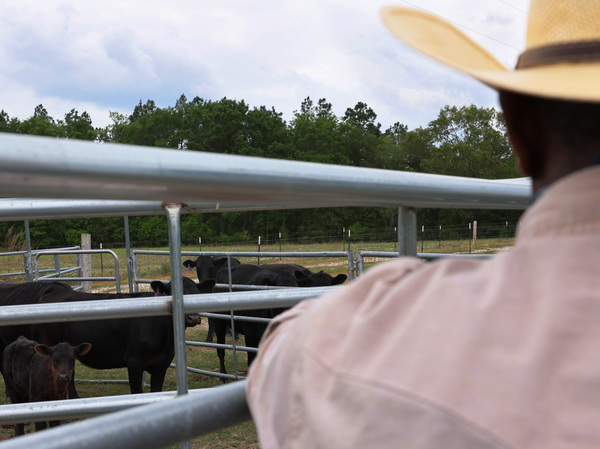
Some USDA programs have been mired in inequity. A panel's final report offers changes
February 22, 2024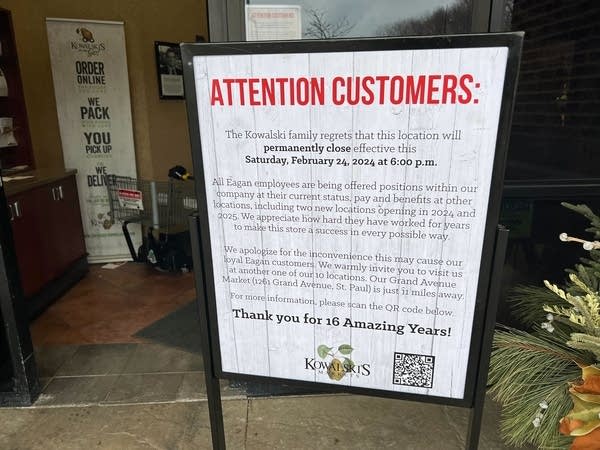
Kowalski’s Markets closing its grocery store in Eagan
February 23, 2024Wild rice jolof, elk tamales, and smoked duck and crawfish gumbo are on the menu for chefs Mecca Bos and Sean Sherman’s February pop-up dinner
In celebration of Black History month, chefs Sean Sherman and Mecca Bos are joining forces to collaborate on a pop-up showcasing Black and Indigenous foodways. The five-course dinner will take place at Sherman’s restaurant, Owamni, on February 27. A follow-up to the duo’s dinner at the James Beard House in May 2023, the new pop-up will feature dishes like wild rice jolof, elk tamales, and smoked duck and crawfish gumbo, demonstrating the seamless (and delicious) cohesion of Black and Indigenous foodways in America, and illuminating what decolonization means to both cuisines. It’s also a fundraiser for their nonprofit BIPOC Foodways Alliance.
Bos and Sherman aim to shine a light on the shared histories — and interrelated cuisines — of Black and Indigenous people, beginning with the transatlantic slave trade and the colonization of North America. “Because of the forced labor of Indigenous peoples from Africa and Indigenous peoples from here, we used our culinary and agricultural knowledge to create what most people consider ‘American food,’ which is typically Southern food,” Sherman says. He points to dishes like grits, hominy, and barbecue that have roots in Black and Indigenous culture, particularly in West Africa and eastern North America.
The pop-up decolonizes its menu by uprooting Eurocentric culinary influences and eschewing colonial ingredients like beef, pork, dairy, cane sugar, and wheat products, and instead showcasing wild, local ingredients, plants, and game animals. Bos says that as a Black American chef, she’d always thought she was limited to soul food and Southern food as her realm of inspiration. “It’s been inspiring to me to think I can decolonize my cooking too,” she says. “I don’t have to only reach for a heavy use of pork, macaroni and cheese, and grits with a bunch of dairy in it — which is great and delicious and I love those things — but has nothing to do with true West African food.”
With the European influence stripped away, Bos says, a lot of African food looks like the decolonized Indigenous plate.
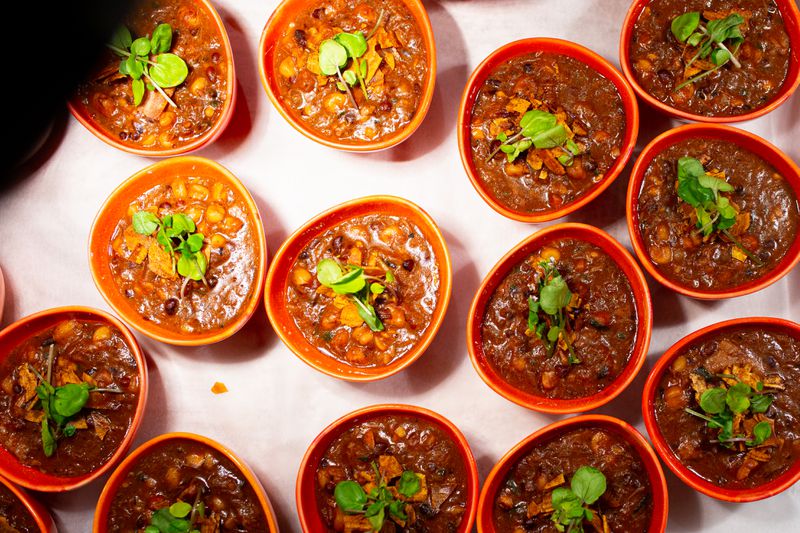
Shane P. Liao
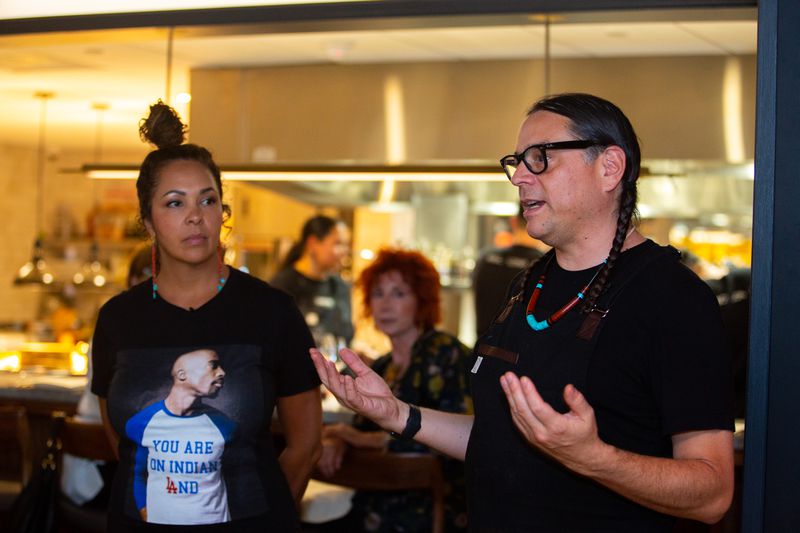
Shane P. Liao
Each dish on the menu honors the lineage of land and peoples from which they came. For example, Bos says, tamales are typically associated with Mexican and Indigenous cooking, but so many African dishes come wrapped in green leaves, usually banana. “But it’s the very same dish — tamales are an ancient dish that both cultures use,” she says. She also acknowledges the ways that the violence of colonization has fragmented both Black and Indigenous lineages, and as a result, their generational knowledge. “Sean and I don’t have the luxury of looking to our great grandmas to ask about culinary knowledge that has to do with their true bloodlines,” she says. “That was all lost. We have to piece back together what culinary wisdom we can for our own selves, and then for future generations.”
Sherman stresses that colonization isn’t just a vestige of the past — it’s an ongoing system. It’s important now more than ever, he says, for Black, Indigenous, and people of color to challenge the harmful narratives that have been imposed on them by dominant systems of power. “We have broken government systems overseen by Eurocentric powers to keep [people of color] in check,” he says. Colonization has scattered people of color across the planet, he says, and one of the goals of BIPOC Foodways Alliance is to bring them together through food.
Beyond this February’s pop-up dinner, the nonprofit hosts local events that use food as a way to build cross-cultural and racial solidarity, dismantling white supremacy through bonds formed around cooking, eating, and storytelling.
“The whole goal of BIPOC Foodways is that we’re not only Black, we’re not only Indigenous, we bring everybody together, including white allies,” Bos adds. “I like to think of it as a movement, because white supremacy is rising up in really disgusting ways, and people of color need each other in this country. We cannot fight hate from silos. We need to have a lot more solidarity. One way Sean and I want to showcase that is on the table.”
Follow the work of BIPOC Foodways Alliance on Instagram @bipocfoodways, and find more details on the Black and Indigenous Foodways pop-up dinner here.
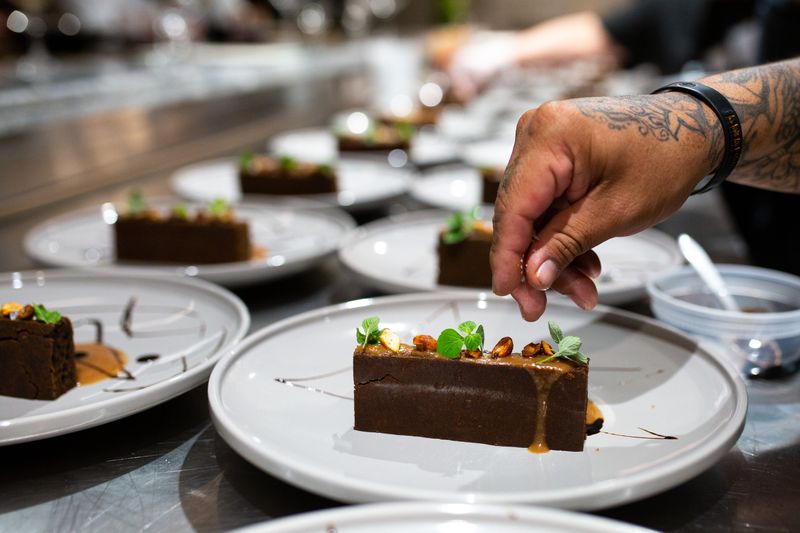
Shane P. Liao



